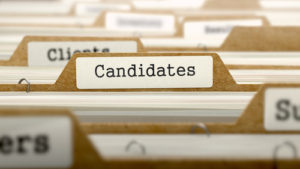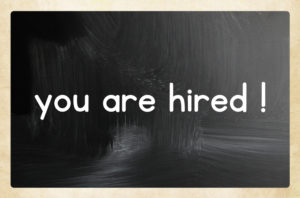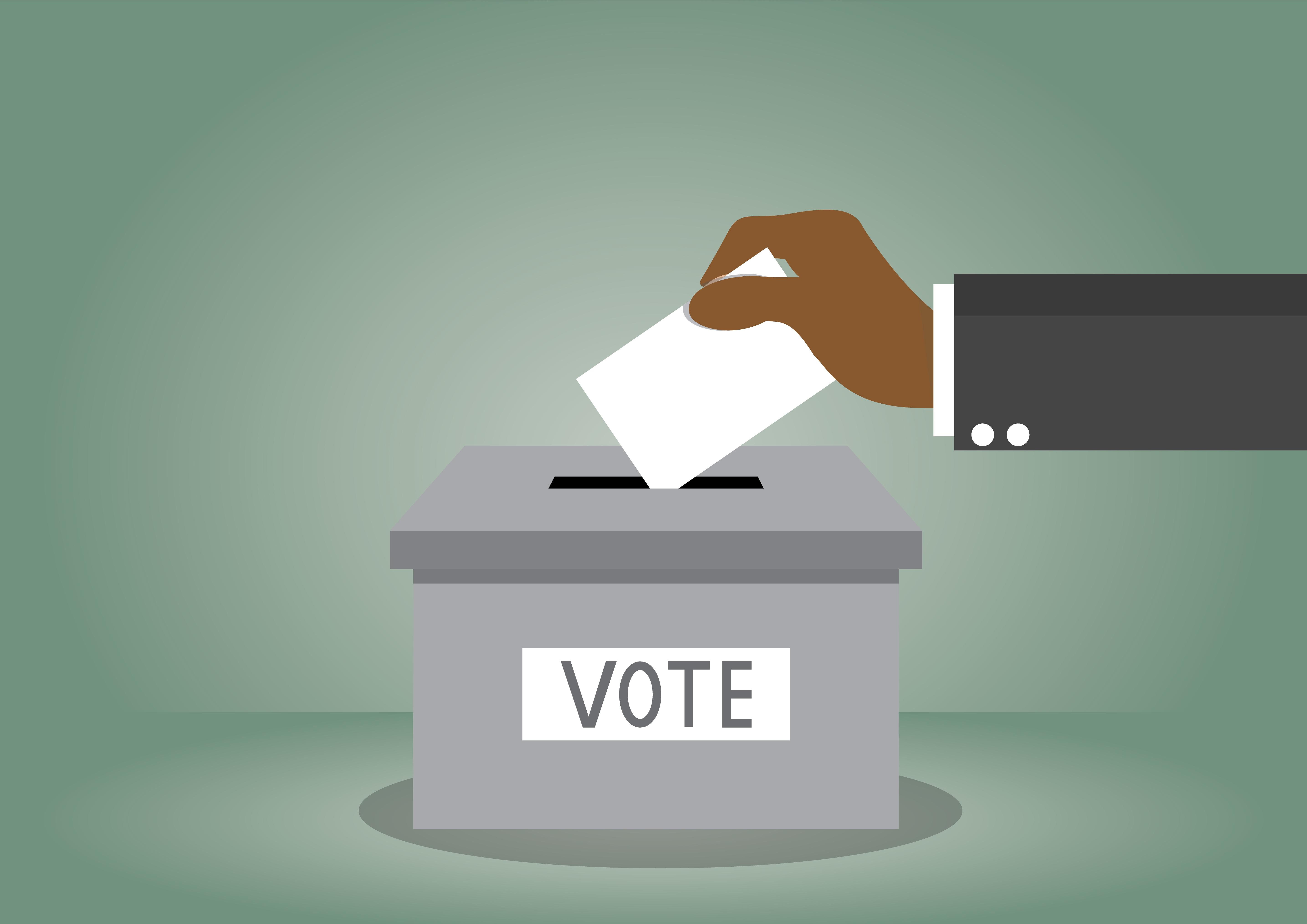You’ve been planning to fill this critical job opening for at least 2 years. Whoever takes this job will be a key player in transforming the organization culture and leading the initiatives essential for the organization to thrive over the next few years. The weight of this decision is real and one that you aren’t taking lightly.
The candidate pool started with 21 applicants. To increase the likelihood of identifying the best candidate for the job, your organization engages in a multi-dimensional vetting process that includes behavioral and situational structured interviews, assessment and sample tests, stakeholder and employee team interactions. In fact, employee teams are responsible for recommending the final candidates for the hiring manager to interview.
As you scan the interview documentation and resumes of the final 2 candidates, you aren’t finding yourself particularly excited about either. Now is hardly the time to challenge or change the hiring process. That should have happened pre-project kick-off. Changing the process is simply not an option. And no career minded professional would dare abdicate their responsibility by refusing to participate. So you move forward focused on gleaning information about the candidates and matching it to the job requirements and the organization needs. Inevitably an offer is extended and the hire is made.
Hiring people is a power play and formidable responsibility. Much like the power associated with casting your vote. Whether it’s voting for President, Senator, Governor, Mayor, . . . We are matching peoples’ qualifications (work & performance history + leadership & behavior traits) to the:
- Role/Job
- World, country, state, city, . . . needs
- Requisite values & behaviors
VOTING in and of itself is our individual & collective power to hire political candidates. Selecting the right candidate means evaluating real data and minimizing and or eliminating distractions. Distractions like whether or not the candidate makes me feel some kind of way (i.e., enthusiastic, excited…). Why? Emotionalism in the hiring process leads to bias – conscious and unconscious. When we are emotional, we aren’t objective and instead of seeking out facts, we end up on a mission to confirm our impressions. Similar to employment hiring outcomes, when our vote is based purely on emotion, we too often make the wrong choice. Nonetheless, making a choice for whom to elect is our obligation. And like employment hiring, we must reconcile that the role we play is meaningful, significant, and essential to our organizations, city, and country.
Sure there’s lots of dissatisfaction with the election process and the 2016 Presidential Candidates – all the more reason to vote. Professionally, we manage through imperfect systems and people all the time. In the words of Sheryl Sandberg, “done is better than perfect”. Sift through the data, cast your vote, and be a part of the world’s largest hiring team. We’ll collectively determine the right candidate to offer the job as President of the United States. (CANDIDATE’S NAME) . . . you are hired!

Click here to become a registered voter: USA.GOV


